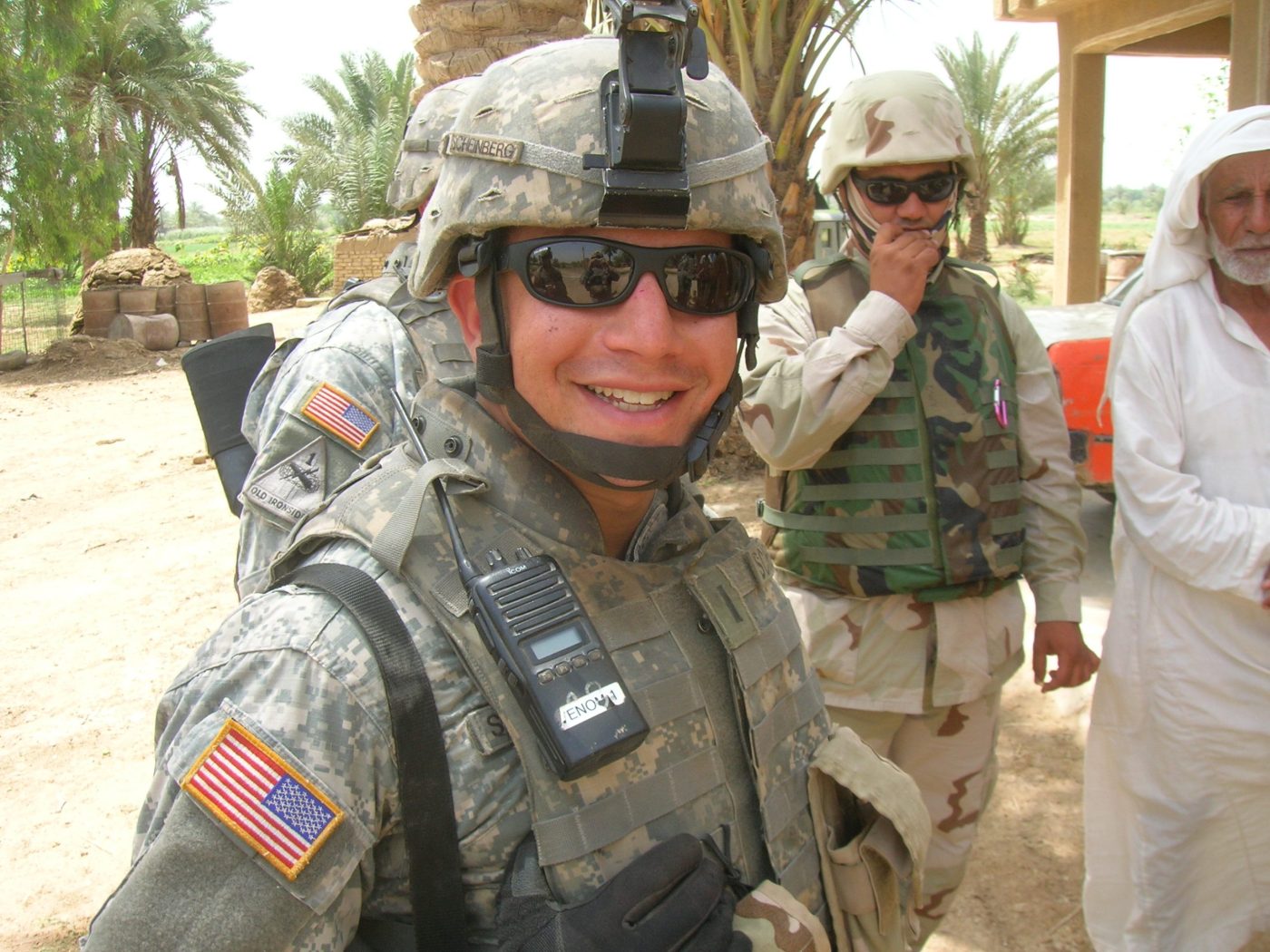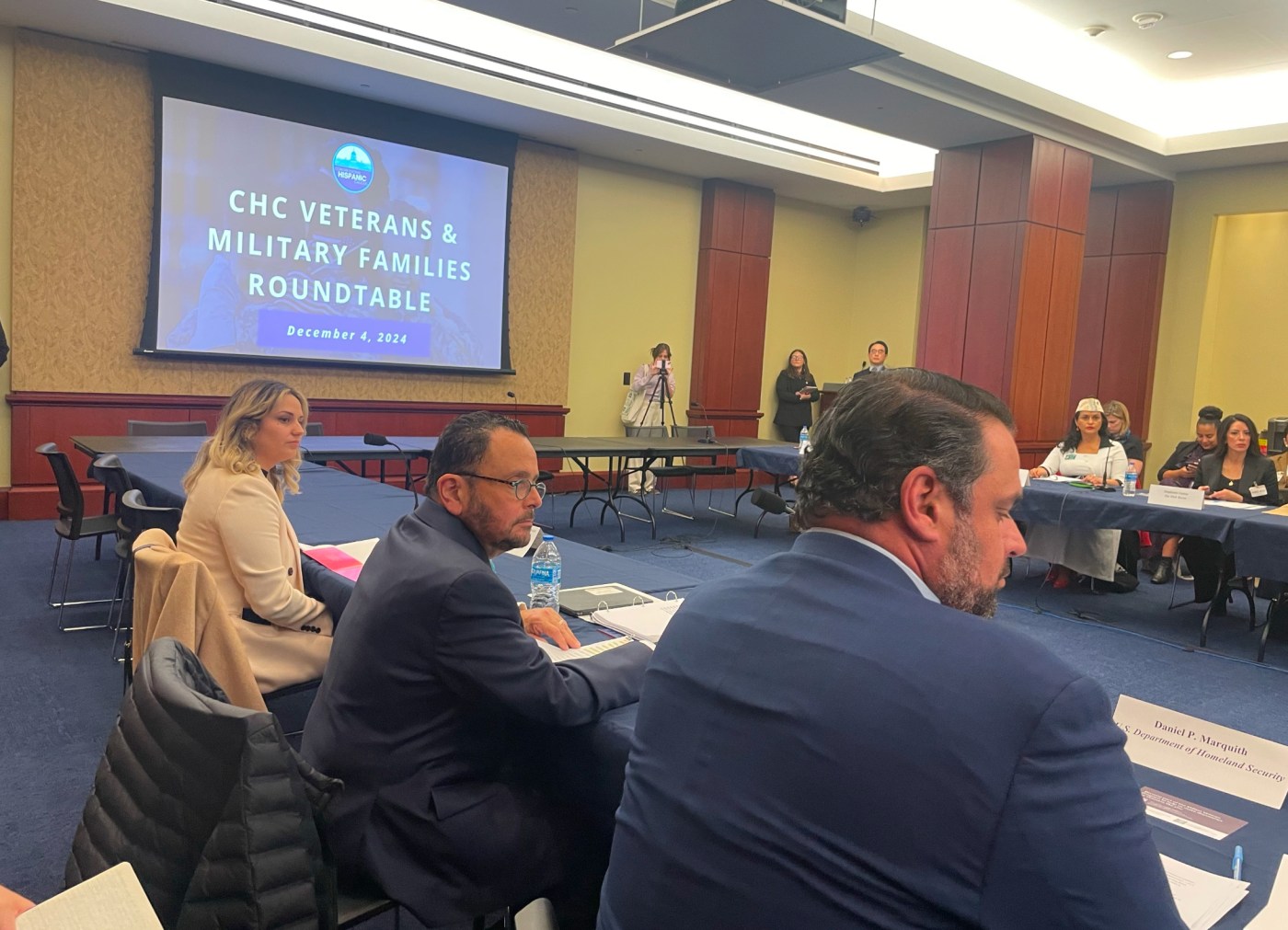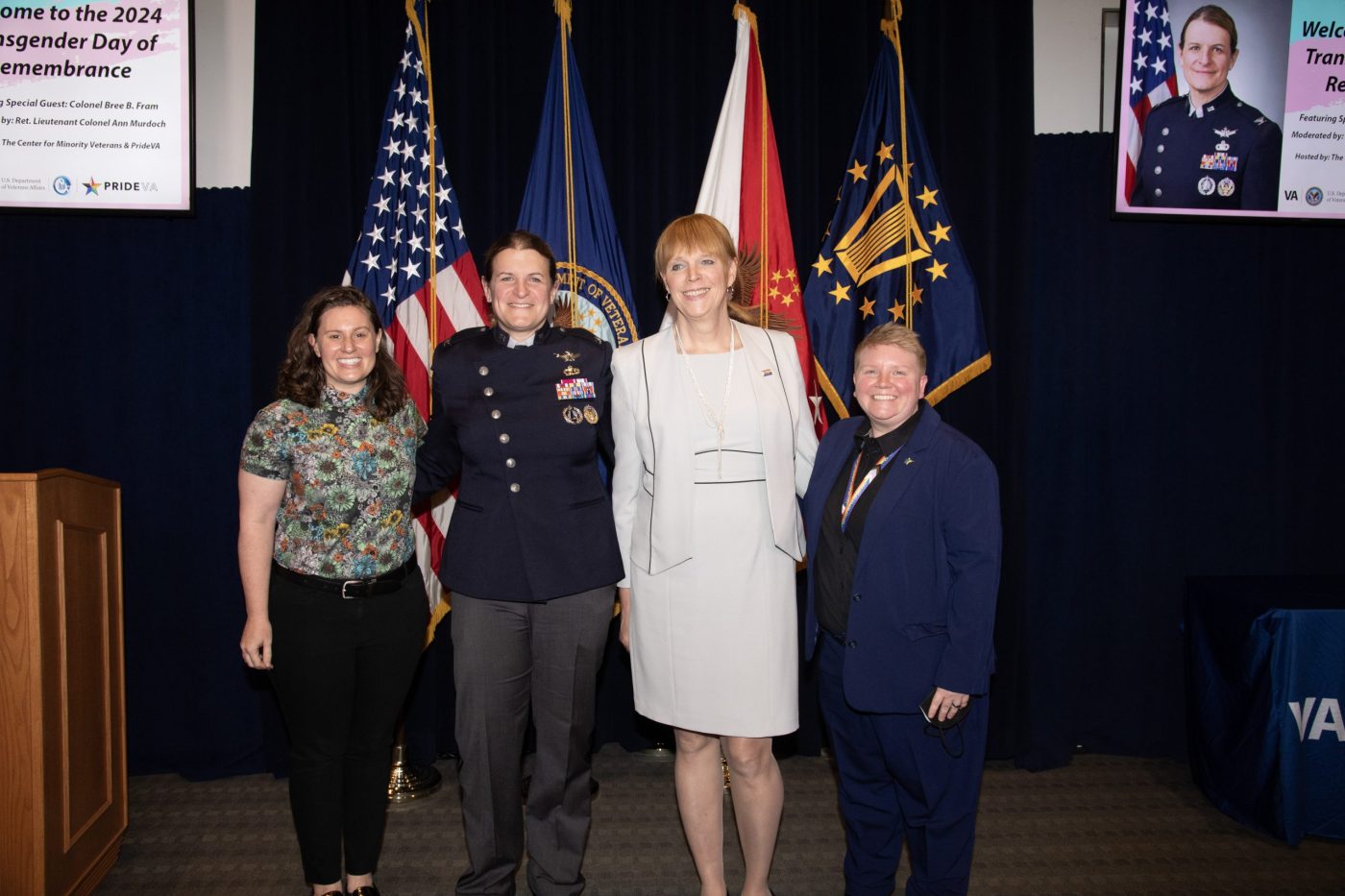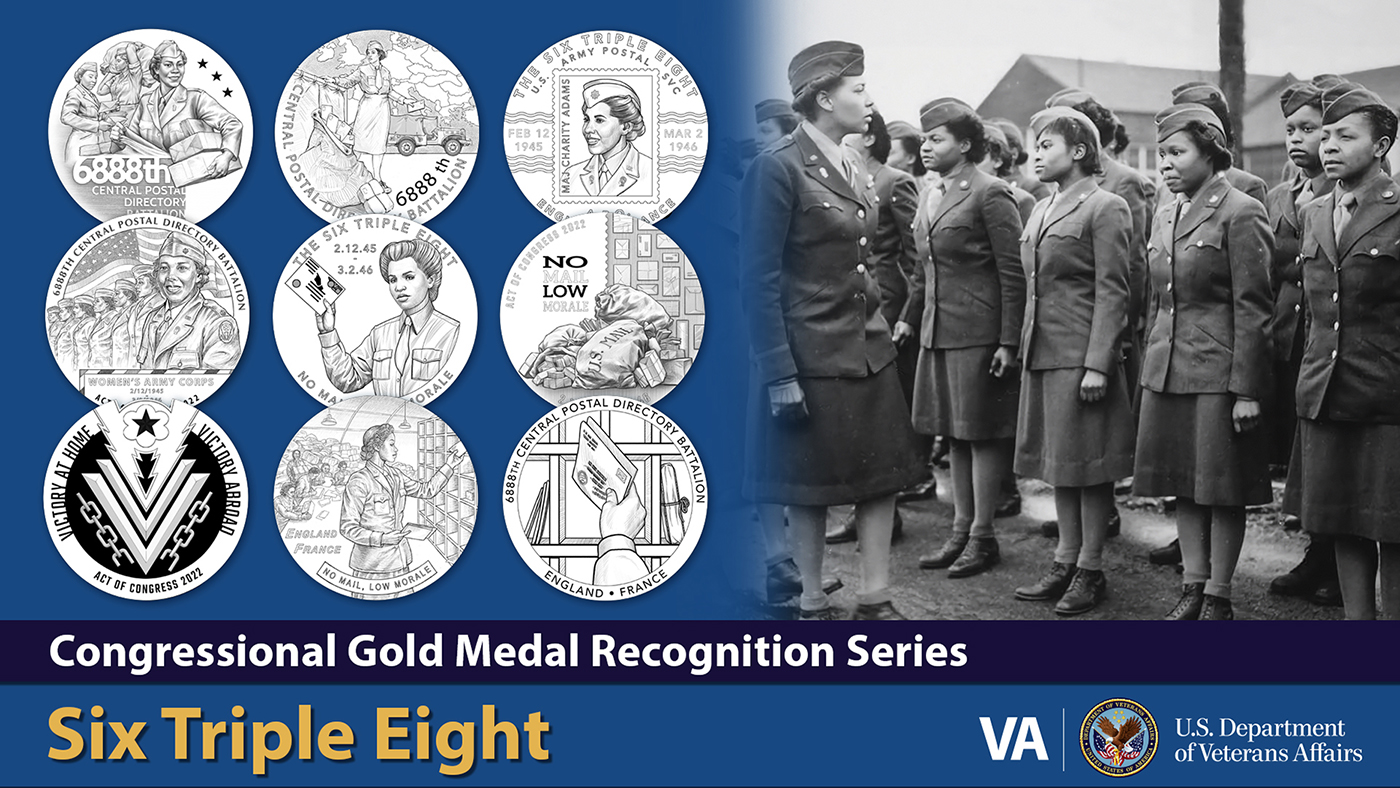I always loved the start of fall. Growing up, it represented the thrill of a new school year, the beginning of football season and relief from the stifling weather. As Jewish American, it meant being with my family and friends to welcome in the “High Holidays” of Rosh Hashanah and Yom Kippur and reconnect with my Jewish identity. These book-ended sacred Holidays—always 10 days apart, yet always falling on different days of September or October (since the Jewish calendar is more of a lunar calendar)—gave me the chance to reflect on the year that passed while thinking through ways I could be a better person in the year ahead. But in fall 2006, there was no possibility of reflection or time to take a knee for me: My job was to keep my soldiers alive and to help rebuild Iraq in the region colloquially known as the “Triangle of Death.”
In late September 2006—after returning from a raid in one part of our Area of Operations and then helping to build and lead the grand opening of the Al Bawasil School in Muelha, Iraq (a town just south of the Baghdad province)—I received a radio message from my battalion commander. The 4th Infantry Division Headquarters was calling for all Jewish soldiers to report directly to Baghdad. Immediately.
You can imagine the worried looks that I got from some of the other officers monitoring that channel, but the urgency to find us Jewish soldiers in Iraq came with the arrival of the only active duty Jewish chaplain overseas at the time. The chaplain was putting together an ad-hoc Jewish service and meal to celebrate Rosh-Hashanah.
I was hesitant to attend since I didn’t want special treatment or to leave my soldiers, even if just for a day, but my commanders and fellow “Talons” insisted that I go. In fact, I was ordered to go. They supported me as a Jewish American soldier wholeheartedly.
Blessedly, I was flown in a Blackhawk rather than having to navigate the trip in our usual HUMVEE, and quickly arrived to join a dozen other soldiers and the resourceful chaplain. The makeshift tent-based synagogue was filled with dusty uniforms, smiling faces and non-Army-issued bagels. We were given the chance to sing, reflect and pray for those we had lost in combat. This sweet relief also reminded each of us why we signed up to serve, and for what individual purpose in Iraq.
I’ll never forget the support that our military leaders and fellow Americans gave us that day to be our full selves.
In April 1862, in Fayetteville, WV, future President and then-Union Colonel Rutherford B Hayes ordered 20 Jewish soldiers under his command to be granted relief in order to hold a Seder meal to celebrate Passover (another major Jewish Holiday). Similar to my experience in Iraq, President Hayes understood the importance of providing space for his soldiers to connect with their cultures and traditions, even during combat. Just this April, an historical marker was built on the site of the Seder as a reminder of the contributions and commitment of Jewish soldiers during the Civil War.
Fortunately, these types of stories are not unique. This has always been my experience as a Jewish American in the military and now at the Department of Veterans Affairs. That was also my grandfather Sam Scheinberg’s experience in the Army during WWII. His unit liberated concentration camps in France and Germany, and he personally led Jewish services with men in his platoon and Holocaust survivors.
Support of American Jews in the military and as Veterans goes back to our nation’s founding and endures from generation to generation. As a West Point graduate, I’m always proud of the fact that half of the first graduating class at the Military Academy was Jewish—even if there was only two total graduates that year (1802). That’s still impressive!
My positive experience inspired me to serve other Veterans and join VA, where we strive to ensure that all Veterans feel welcomed and respected.
Topics in this story
More Stories
VA joined the Congressional Hispanic Caucus at a roundtable event to discuss the challenges faced by Hispanic Veterans and military families.
Transgender Day of Remembrance is observed annually on Nov. 20 to honor the memory of transgender individuals whose lives have been lost to anti-transgender violence. It is a solemn occasion that not only commemorates those who have died, but also raises awareness about the ongoing challenges faced by the transgender and gender-diverse community.
The 6888th Central Postal Directory Battalion was awarded the Congressional Gold Medal in 2022, the highest civilian honor bestowed by the United States Congress. This prestigious award recognized the unit's outstanding service and the lasting impact it had on the military and society as a whole.







Such a beautiful story; thank you!
Aaron what a nice article. I’m so glad that Jewish soldiers are treated with respect due to the fact that there seems to be so much antisemitism in the world today. I worked at HTHS and your dad was my boss. I adored him. I didn’t know much about your religion and we would discuss different customs you have. It was nice to learn since I am Catholic and was raised so differently from what you experienced. But the main thing that we all learned was to love and respect each other. Thank you for serving our country and I wish you luck with your job. Bless you, Eileen Sauls